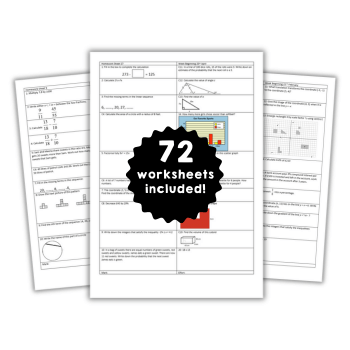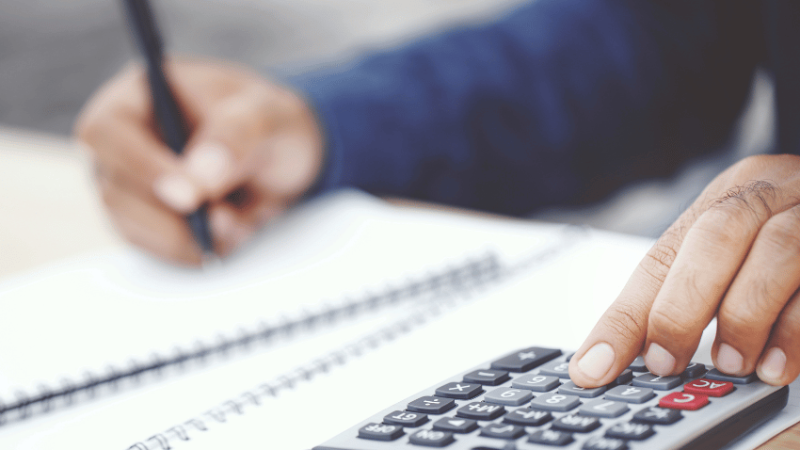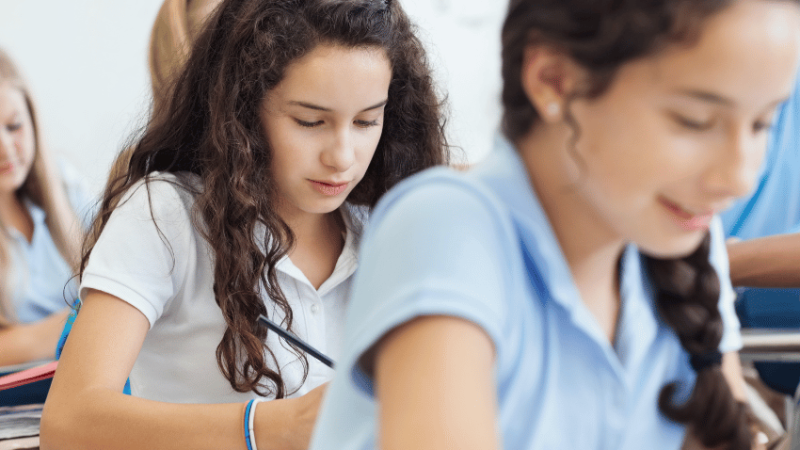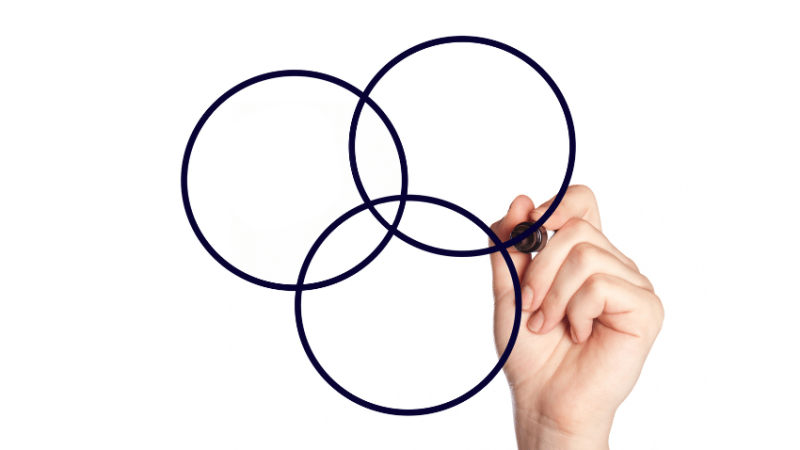Sometimes in Maths ‘I Don’t Know’ is Exactly the Right Answer

Colin Foster explains why the guessing game isn't necessarily a bad thing

- by Colin Foster
- Reader in mathematics education at Loughborough University Visit website

Is it good to guess in maths lessons? Sometimes guessing something in advance can be engaging, such as guessing the size of an answer to a problem before you work it out, or pausing a dynamic geometry animation and guessing what is going to happen.
Of course, in these cases guessing is just a starting point to something deeper, where reasoning will take over and lead to a final conclusion. But should guessing ever be the endpoint?
In preparation for GCSE exams, students are usually told that there’s nothing worse than leaving an answer blank – it is always better to guess something than to say “I don’t know”. But is this right?
The trouble is that in ordinary lessons guessing answers is very unhelpful to everyone. It messes up formative assessment by adding in unwanted ‘noise’.
If a student says that 4 x (-3) is -9, the teacher might spend time trying to work out why they might have said that – what misconception it might be pointing to.
But if it’s just a guess then the teacher is wasting their time. It would be more useful to them, and to the student, if the latter had just said, “I’ve really no idea”. At least then everyone would know where they stood.
From negative to positive
In everyday life, whenever you’re dealing with anything important, admitting when you don’t know is generally better than guessing.
Assessments for medical students frequently incorporate ‘negative’ marking, because when you’re not sure of the correct treatment it’s much better to say “I’m not sure – I’d have to look that up” than to guess a medicine to give to the patient that could end up doing more harm than good.
But isn’t this true in other things as well, including maths? There are calculators, books, the internet and other people to help you when needed.
So a vital skill is to know when you need help and when you’re OK on your own. But how do you stop people from guessing?
‘Negative marking’, in which marks are taken away when you’re wrong, sounds rather, well, ‘negative’. Shouldn’t tests be designed to reward students for what they know rather than penalise them for what they don’t?
But if you really want to learn and to progress in anything, then finding the weaknesses, the gaps, the misconceptions is actually the kind thing to do, so that you can address those things and move forwards. Seen in this way, ‘negative’ marking can be a positive.
Reasonable confidence
One way to implement this is confidence assessment. It is easy to adapt any ordinary in-class test to incorporate confidence assessment. Imagine a test containing 10 right/wrong items.
Against each answer, the student is asked to write a number from 0 to 10 to say how sure they are that their answer is correct. 10 means that they are absolutely confident about it; 0 means that it is a complete guess.
Then when they mark their work their total mark is the sum of the confidence ratings for all the correct answers minus the confidence ratings for all the incorrect answers.
It’s a good idea if possible to introduce confidence assessment for the first time when you are doing negative numbers, because it provides the means to understand it!
Students’ total marks will range between -100 and +100. There are two ways to get a higher mark: get more of the answers right, and be more self-aware about your strengths and difficulties.
Some students will notice that although they got most of the questions right they got a low total mark, because they weren’t confident enough. Other students will realise that they were penalised for their over-confidence.
Either way, by using confidence assessment over a period of time, it is likely that students will become better calibrated – more aware of their strong and weak areas.
Confidence assessment allows teachers to see how sure their students are about the answers that they are giving. Confidence assessment seems to encourage greater care over answers, promotes self-checking, and provides a way of shifting students away from ‘guess and hope”’.
Colin Foster is an assistant professor in mathematics education in the School of Education at the University of Nottingham. He has written many books and articles for mathematics teachers (see foster77.co.uk).










